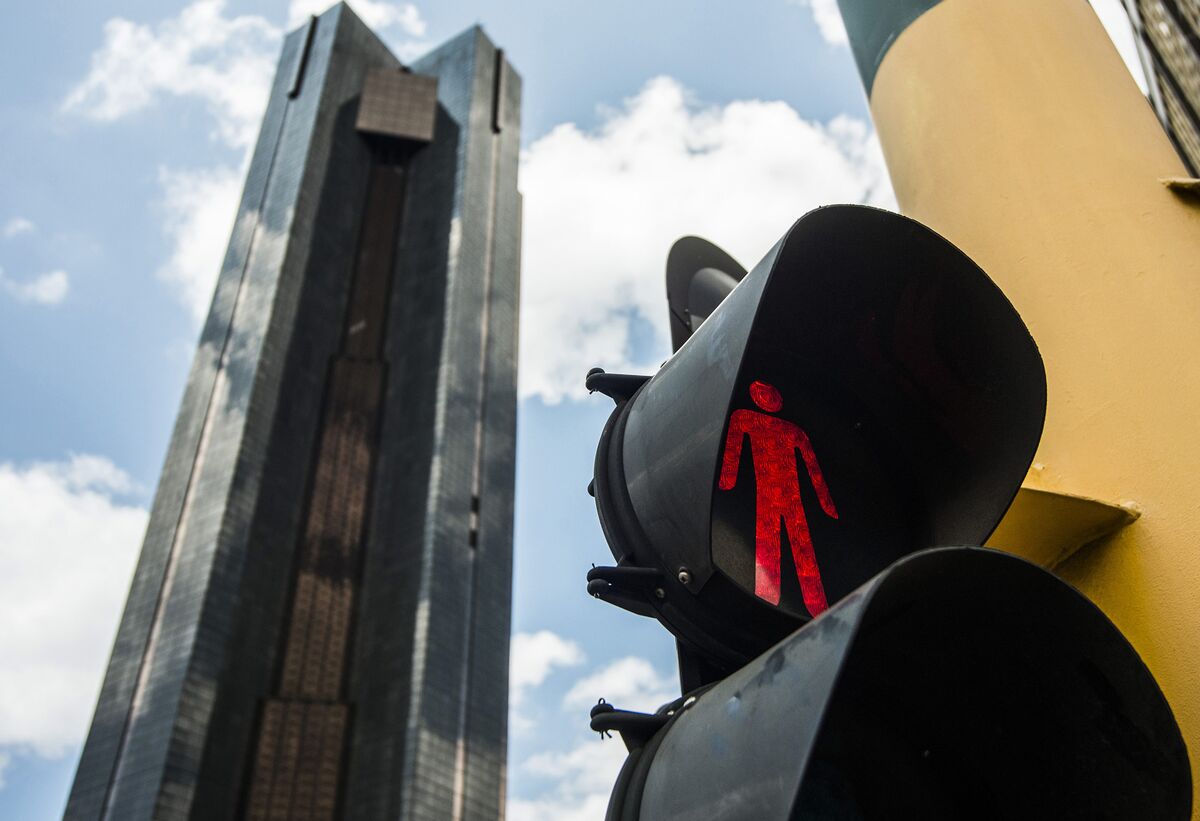
South Africa’s ruling African National Congress has proposed that the central bank should be wholly state-owned rather than an institution with private shareholders, according to three people familiar with the situation.
The recommendation was approved in a plenary session at the party’s policy conference in Johannesburg on Wednesday, said the people who were involved in the discussion and asked not to be identified because the decision hasn’t been made public. Resolutions taken at the policy conference, which ends Wednesday, need to be ratified at the party’s national electoral conference in December.
The move opens a second front challenging the central bank’s established status just two weeks after South Africa’s Public Protector attempted to instigate a change in its mandate. Busisiwe Mkhwebane instructed Parliament to amend the constitution to make the Reserve Bank focus on “socioeconomic well-being of the citizens” rather than inflation, prompting a drop in the rand as investors as viewed her action as a threat to its independence.
The Reserve Bank is one of a small coterie of global counterparts from Japan to Switzerland that has shareholders, a legacy of its foundation in 1921. Its investors have no say over policy or the appointment of the governor, but do vote to select seven of the central bank’s 10 non-executive directors.
“The net effect is zero but I think investors are on edge given that the mandate of the bank has been questioned and targeted in a very political way,” Rashaad Tayob, portfolio manager at Abax Investments Ltd. in Cape Town, by phone. “People are conflating ownership of the Reserve Bank with control of it, which isn’t the case at all. But if you see this issue simmering up again, it shows the balance of policy is shifting away from the traditional framework.”
Rand Weakens
The rand slumped as much as 2 percent before paring losses to trade 1.2 percent weaker by 1:47 p.
The bank’s shares were delisted from the Johannesburg Stock Exchange in 2002 and are bought and sold on an over-the-counter trading and transfer facility.
The Reserve Bank is owned by more than 600 private shareholders who can’t hold more than 10,000 shares each, according to its website. The dividend payable to investors is limited to 10 cents per share per year, or a total of 200,000 rand ($15,000), if the central bank makes a profit. The bank’s after-tax profit for the year through March was 1.
The central bank targets inflation at 3 percent to 6 percent.
Jabulani Sikhakhane, spokesman for the Reserve Bank, couldn’t immediately respond to a phone call and an email seeking comment.
Removing private shareholders would have no immediate effect on policy though it could be seen as symbolic, said Peter Attard Montalto, chief emerging-markets economist at Nomura International Plc.
“It would be seen as a step toward greater direction of policy and shifts in mandate,” Montalto said by email. “What really matters is the outcome of the conference on the mandate issue and if the Reserve Bank should have a greater focus on transformation.


0 comments:
Post a Comment